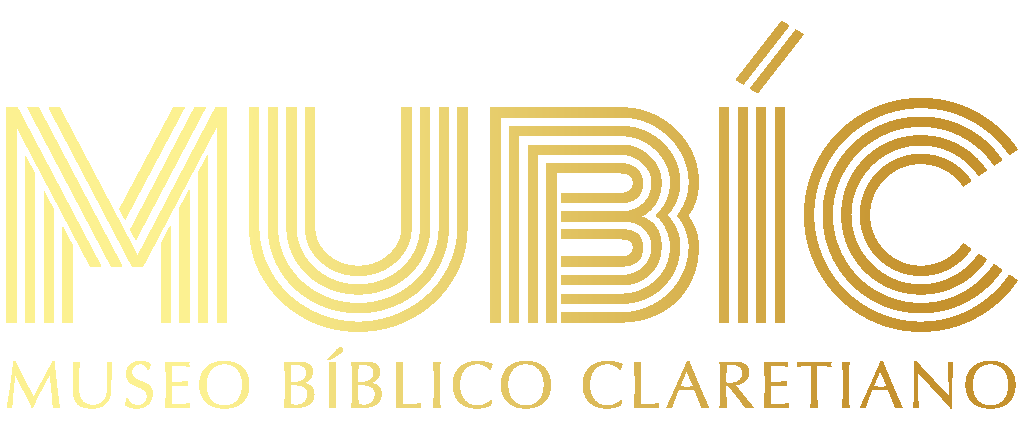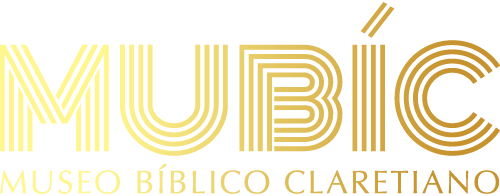



Foro
About Me
Venous leaks, also known as venous insufficiency, occur when the veins in the body are unable to efficiently return blood to the heart. This condition can lead to a range of symptoms, including swelling, pain, and discomfort. Singapore, a hub for medical excellence, offers a variety of effective treatments for venous leaks, tailored to individual patient needs.
Understanding Venous Leaks
Venous leaks can be caused by various factors, such as genetics, lifestyle choices, and underlying medical conditions. Symptoms may vary depending on the location of the affected veins. For instance, venous leaks in the legs can cause swelling, heaviness, and aching. In the pelvic area, :~:text=Endovascular%20embolisation%2C%20a%20minimally%20invasive venous leaks can lead to chronic pelvic pain syndrome (CPPS).
Diagnosis and Assessment
In Singapore, diagnosing venous leaks typically involves a thorough medical history and physical examination. To confirm the diagnosis and identify the specific location of the venous leak, doctors may use imaging techniques such as ultrasound, Doppler studies, or venography.
Treatment Options
Singapore's medical facilities offer a range of treatment options for :~:Text=Endovascular%20Embolisation%2C%20A%20Minimally%20Invasive venous leaks, tailored to the individual patient's needs and severity of the condition. Some of the most common treatments include:
Compression Therapy: This involves wearing specialized compression stockings to improve blood circulation and reduce swelling.
Lifestyle Modifications: Making changes to lifestyle habits, such as maintaining a healthy weight, exercising regularly, and avoiding prolonged standing or sitting, can help manage venous leaks.
Medication: In some cases, medications may be prescribed to improve blood flow or reduce inflammation.
Sclerotherapy: This procedure involves injecting a chemical into the affected veins to cause them to collapse and close.
Endovenous Laser Ablation (EVLA): Using a laser, this minimally invasive procedure seals off the affected veins.
Radiofrequency Ablation (RFA): Similar to EVLA, RFA uses heat to close off the affected veins.
Surgical Treatment: In severe cases, surgical intervention may be necessary to correct the underlying venous abnormalities.
Choosing the Right Treatment
The most appropriate treatment for venous leaks will depend on several factors, including the severity of the condition, the patient's overall health, and personal preferences. Singapore's medical professionals are well-equipped to assess individual cases and recommend the most suitable treatment options.
Venous leaks can significantly impact quality of life, but with effective treatment, patients can experience relief from symptoms and improve their overall well-being. Singapore's advanced medical infrastructure and experienced healthcare providers offer a wide range of options for treating venous leaks, ensuring that patients receive the best possible care. By seeking timely medical attention and following recommended treatment plans, individuals with venous leaks can manage their condition and enjoy a better quality of life.
Location
Occupation
Latest Post: Nuevo Testamento Our newest member: margaritamccrea Recent Posts Unread Posts Tags
Forum Icons: Forum contains no unread posts Forum contains unread posts
Topic Icons: Not Replied Replied Active Hot Sticky Unapproved Solved Private Closed


